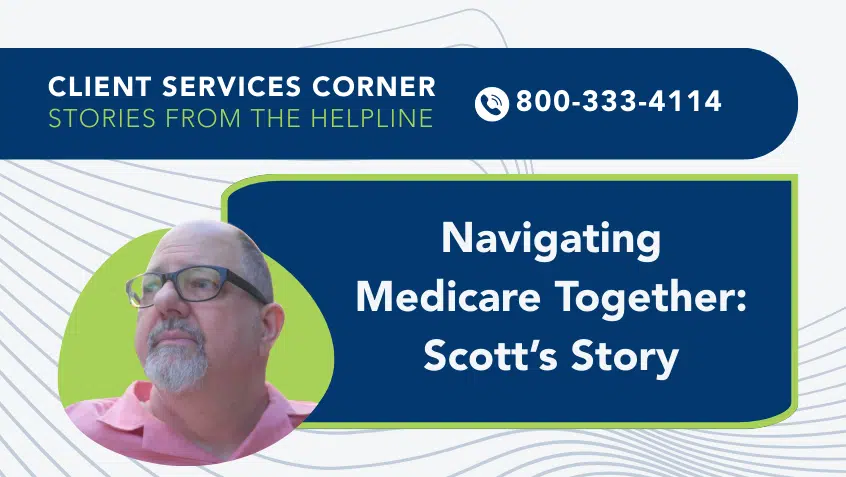Join Us Live for a Discussion on Medicare, Democracy, and the Future of Health Care
Tenuous Financial Situation for Older Adults in 2019 Does Not Bode Well for Their Post-Coronavirus Security

The Kaiser Family Foundation recently released a report detailing how financially secure or insecure Medicare beneficiaries were in 2019. Consistent with previous years, the report shows that any stereotype of baby boomers as uniformly affluent is deeply misguided. Instead, half of people with Medicare have incomes below $29,650 and one in four live on less than $17,000. Savings rates are similarly dire. Half of Medicare beneficiaries have below $73,000 in resources, one in four has less than $8,300, and about 1 in 9 has no savings or is in debt. They also face significant out-of-pocket health care expenses in absolute terms and as a percentage of their income.
Given these challenging starting circumstances, it is likely the effects of coronavirus on individual health and economic security will be particularly devastating to older adults and people with disabilities. Much attention has been given to the consequences of coronavirus financial turmoil on younger working families, but older adults, who face increased risk of serious illness if they get COVID-19, are also particularly financially vulnerable to drops in income and retirement savings and increases in out-of-pocket medical expenses.
Older adults who lose their jobs in the wake of the pandemic may find it harder to find new jobs than younger workers. They have less time for retirement investments in the stock market and elsewhere to recover, and if they decide to collect Social Security early to compensate for lost earnings, they will get lower monthly payments than they otherwise would have for the rest of their lives.
These increased financial risks for older adults are even more significant for Black and Hispanic seniors as well as for women. Each of these groups have median savings amounts that were substantially lower than their peers, even before the public health emergency.
Recent legislation aims to mitigate the immediate impact of economic turmoil by making direct payments and increasing unemployment benefits temporarily. These actions, while important, are short-term solutions to what is likely to be a long-term problem. Policymakers should consider the significant economic impact of the public health emergency on older adults and people with disabilities when making future decisions about essential programs like Medicare, Medicaid, and Social Security.
Read Medicare Rights’ recommendations for future action around COVID-19.
Show Comments
We welcome thoughtful, respectful discussion on our website. To maintain a safe and constructive environment, comments that include profanity or violent, threatening language will be hidden. We may ban commentors who repeatedly cross these guidelines.
Help Us Protect & Strengthen Medicare
Donate today and make a lasting impact
More than 67 million people rely on Medicare—but many still face barriers to the care they need. With your support, we provide free, unbiased help to people navigating Medicare and work across the country with federal and state advocates to protect Medicare’s future and address the needs of those it serves.
The Latest
Most Read
Add Medicare to Your Inbox
Sign up to receive Medicare news, policy developments, and other useful updates from the Medicare Rights.
View this profile on InstagramMedicare Rights Center (@medicarerights) • Instagram photos and videos









